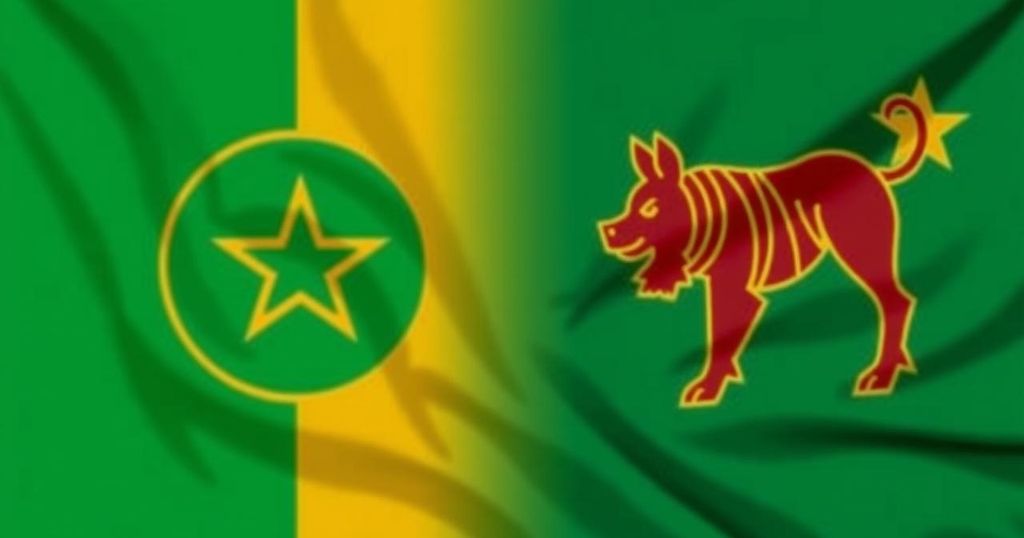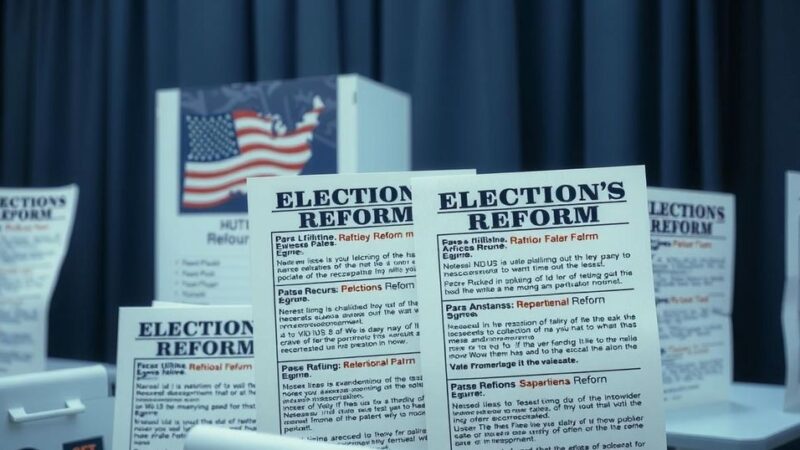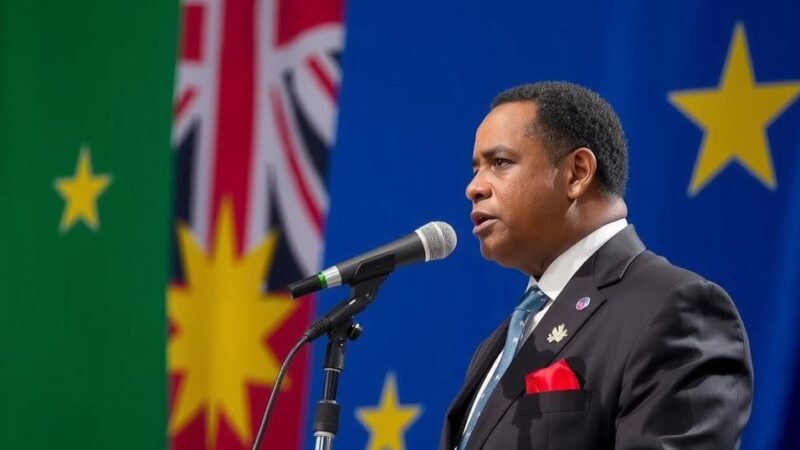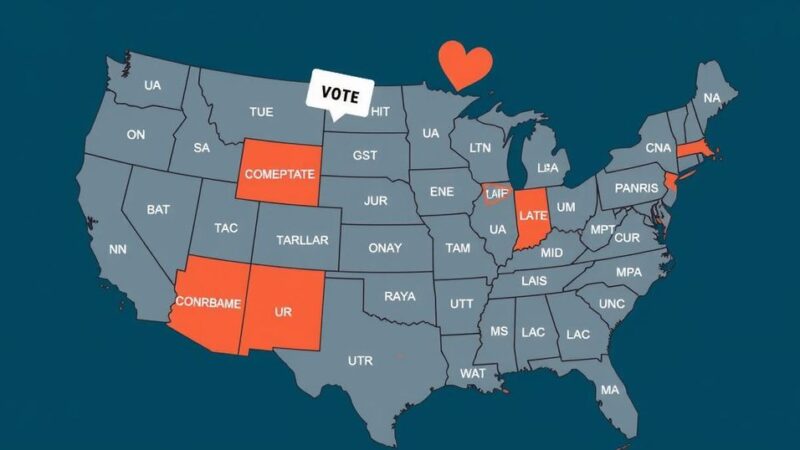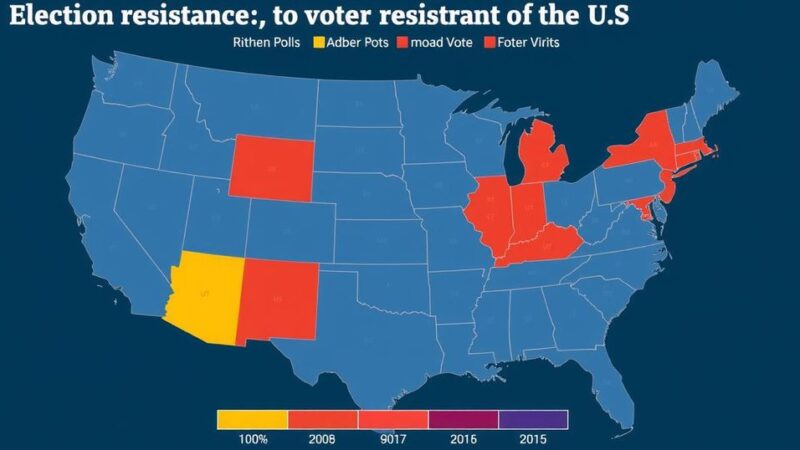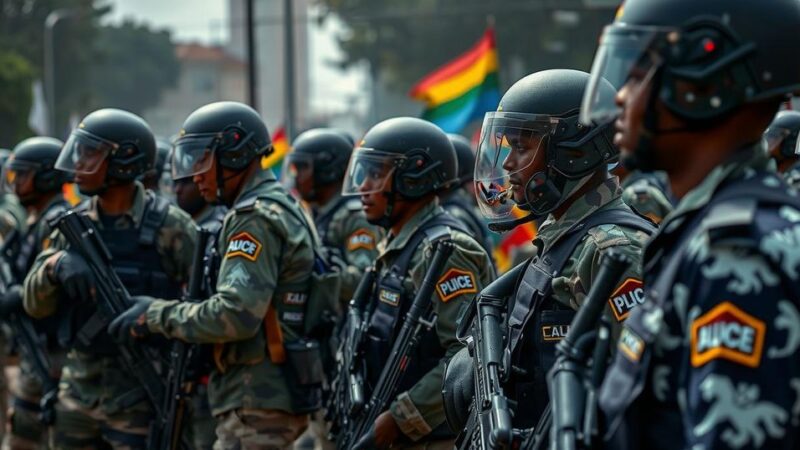Ethiopia has recognized Somaliland’s recent presidential elections, praising them as “peaceful and democratic.” The Ministry of Foreign Affairs highlighted the NEC’s role in ensuring fair elections. Nonetheless, Somaliland’s quest for recognition remains complicated by a controversial agreement with Ethiopia, which has drawn criticism from Somalia.
Ethiopia has officially recognized the recent presidential election held in Somaliland, a region that has declared independence from Somalia for over thirty years but lacks widespread international recognition. The Ministry of Foreign Affairs commended the citizens of Somaliland for executing a “peaceful and democratic election.” Somaliland operates independently from the central government in Mogadishu, managing its legislative endeavors autonomously. The Ethiopian government praised the Somaliland National Electoral Commission (NEC) for ensuring the elections were “free and fair,” marking Ethiopia as the first nation to acknowledge the elections that drew international observers. The statement from the Ministry underscored, “This process reflects the maturity of Somaliland’s governance and democratic system.” International observers also reported favorably on the transparency of the voter registration and candidate nomination processes during the election, indicating a collective effort towards democratic integrity. The electoral contest featured incumbent President Muse Bihi Abdi of the Kulmiye party running against opponents Abdirahman Irro of the Waddani party and Faisal Ali Warabe from UCID, with the final election results pending. Amidst this electoral progress, Somaliland faces tensions related to a controversial Memorandum of Understanding with Ethiopia, which grants Ethiopia access to a coastal area for military and port developments in exchange for endorsing Somaliland’s sovereignty. Somalia has denounced this agreement, labeling it “illegal and provocative,” and has initiated diplomatic discussions with other nations, including Egypt, as a countermeasure.
The context of this article revolves around Somaliland’s ongoing quest for international recognition following its self-declaration of independence from Somalia three decades ago. While managing its government independently, Somaliland seeks to solidify its status through democratic processes such as elections. Ethiopia, sharing a border and historical ties with Somaliland, has offered its support as Somaliland navigates the complexities of international diplomacy and internal governance while facing opposition from the Somali central authority.
In summary, Ethiopia’s endorsement of the recent presidential elections in Somaliland highlights the evolving political landscape in the region. By commending the electoral process as “peaceful and democratic,” Ethiopia has positioned itself as a key ally to Somaliland in its struggle for recognition. However, underlying tensions regarding territorial agreements and Somalia’s resistance continue to pose significant challenges as Somaliland seeks to affirm its sovereignty on the international stage.
Original Source: www.garoweonline.com
